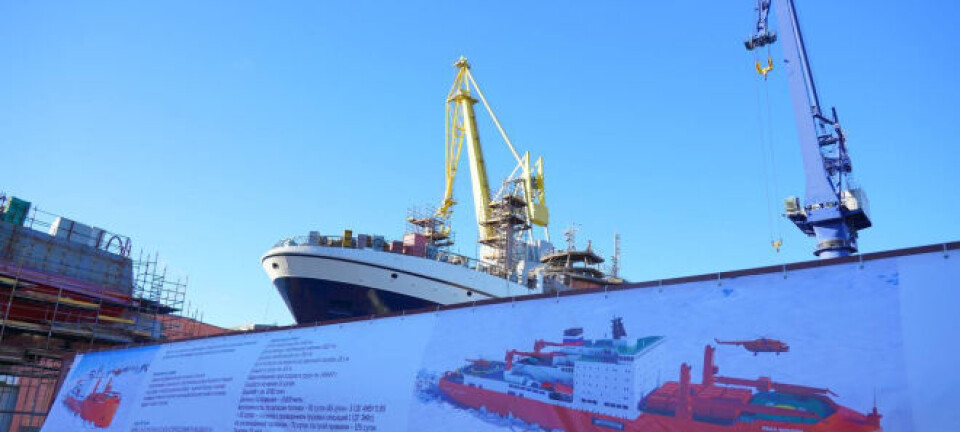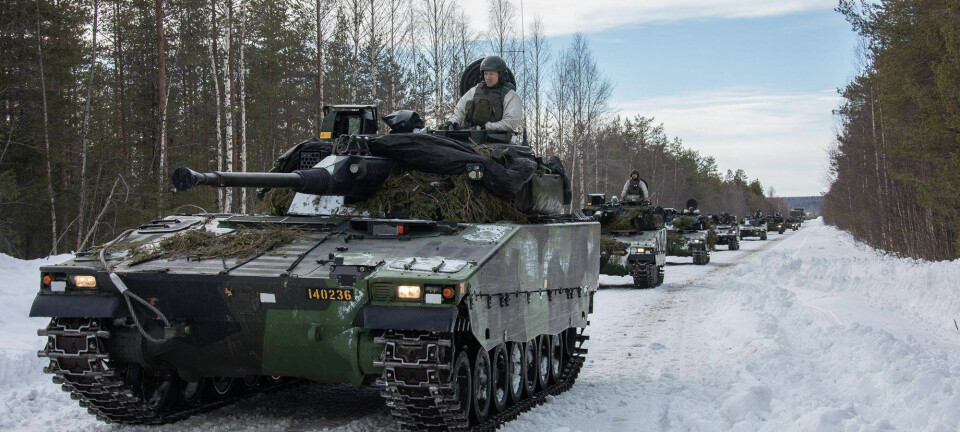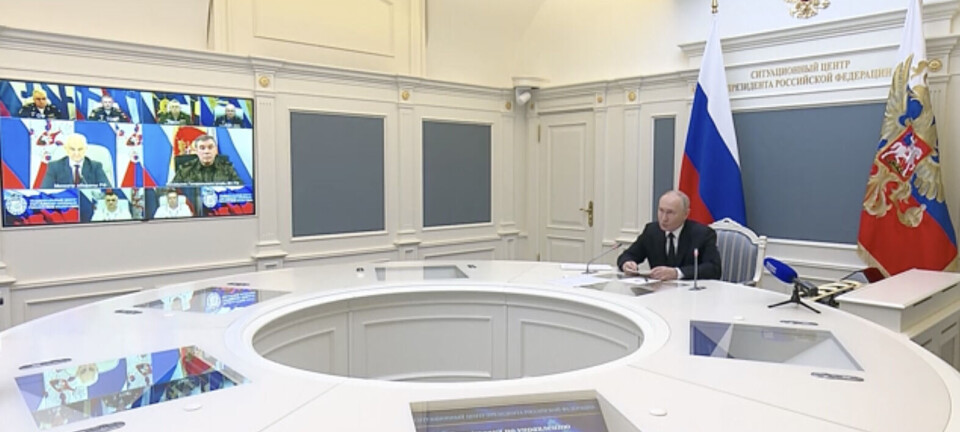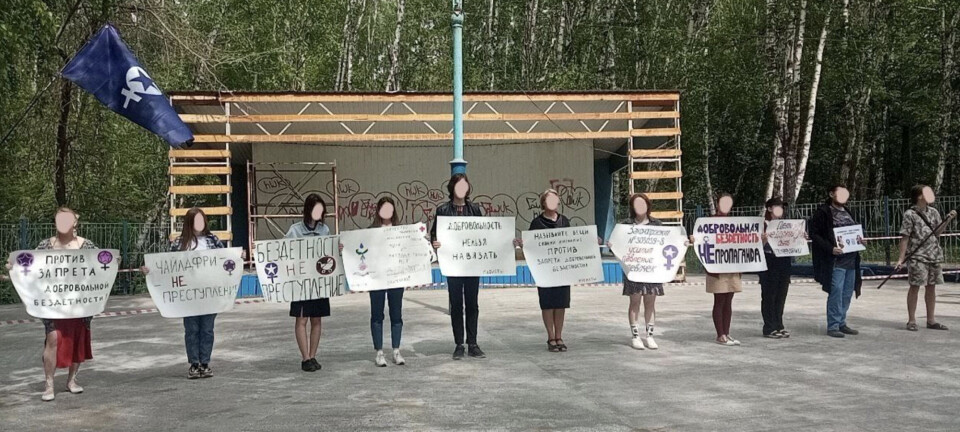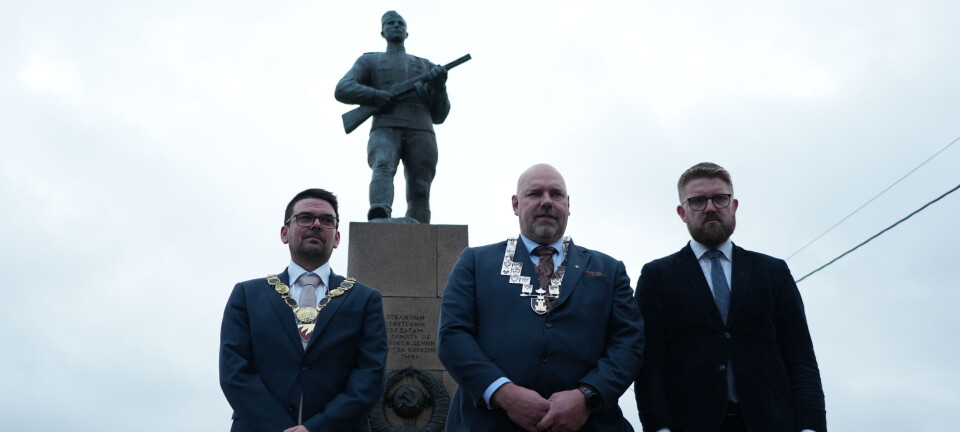Finland questions Russian ban on land sales
Foreign Minister Alexander Stubb says when Russians can buy land in Finland; Finns should be allowed to buy land on the Russian side of the border.
Russia’s President Dmitri Medvedev signed a decree last Sunday defining areas where foreign citizens are not allowed to own lands. Among other border areas, the list includes near all areas towards Norway and Finland, from Pechenga in the north to the Gulf of Finland in the south.
Read also: Foreigners cannot own land in border territories
Finland’s Foreign Minister Alexander Stubb will ask Russia for an explanation of the ban on land property sales to foreigners, reports YLE.
Today, there are several dozen of Finns that already have bought land now listed as areas where foreigners are not allowed to buy land.
What will happen to those foreigners that already owns land in this areas is highly uncertain. The Finnish Embassy in Moscow is examining the significance of the decree, reports Helsingin Sanomat.
- We stick to the principle of reciprocity as long as it is realistic and possible, says Alexander Stubb, interviewed by YLE.
- We’ll talk with Russian authorities about how this can be realised. If one can buy land here, then of course one should be able to buy land on the other side of the border as well, says Stubb.
In Russia’s border areas to Finland in the Republic of Karelia the ban includes the White Sea coast, the districts of Kalevala, Kem, Lahdenpohsky, and Kostomuksha as well as the regions of Louhi, Muezersky, and Suojärvi and the town of Sortavala.
The areas on the Kola Peninsula and Arkhangelsk region that are listed in the decree is named in the BarentsObserver article published earlier this week.
The Presidential decree does not state the reasons for the ban on land sales to foreigners in the border areas. An analyst however believes it is a move pushed by the Federal Security Service (FSB) that now controls most areas on Russia’s external borders.
- The Federal Security Service probably played a key role in the idea because its border guards may have had problems protecting the border, said Nikolai Petrov, an analyst with the Carnegie Moscow Center interviewed by the Moscow Times on Thursday.
A Kremlin spokeswoman says to the Moscow Times that the ban was included in the Land Code, which went into effect in 2001, but the code did not specify the territories, and it took numerous state agencies involved in the process 10 years to agree on the list.
- The protection of the frontier is in Russia’s national interest, she said on customary condition of anonymity.

